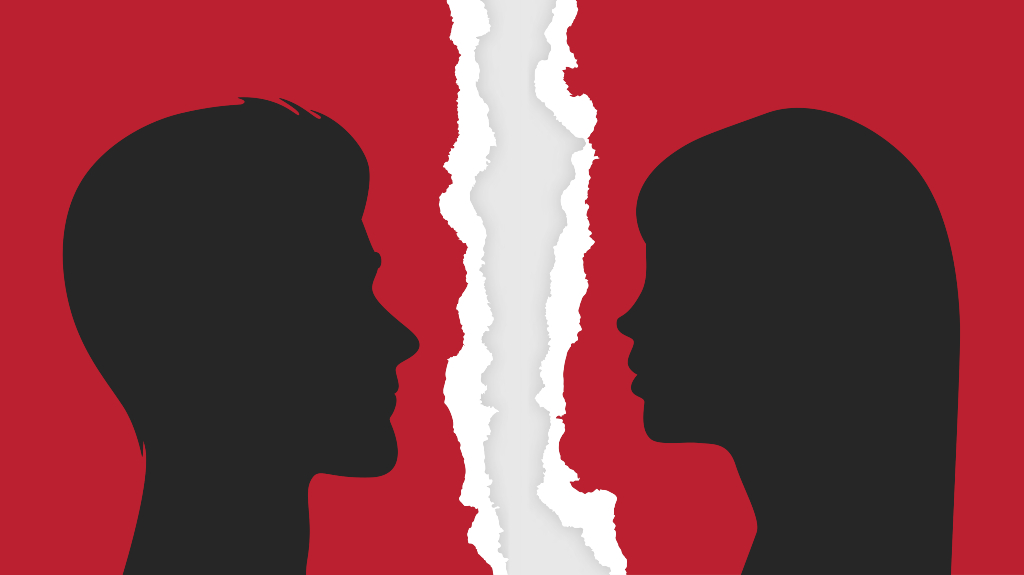Getting married was easy. Okay, we’re sure the wedding planning was no walk in the park, but from a legal perspective, getting a divorce is much harder than tying the knot. Navigating the law when it comes to divorce can be dizzying in any state, including New Jersey. It only makes sense that you have some questions that need answering. Is New Jersey a 50/50 Divorce State? It is not, but what does that mean for your divorce? Is that a good thing or a bad thing? That can be a complicated question, but we can help you answer it.

What is an Equitable Distribution State?
To many, 50/50 distribution makes sense, but it’s actually a narrow-minded view of finances and assets in a marriage. No, it’s also not as bad as many assume. If you owned a house outright before getting married, under most circumstances, you would still be entitled to keep that house after marriage. The 50/50 rule generally only applies to property and assets gained during the marriage.
Read More: Do You Need a Reason to File for a Divorce in New Jersey?
So what does equitable distribution even mean? It’s designed to be a fairer approach to property and asset division after divorce. It takes into account several factors:

- Substantial Contribution—What did each spouse contribute when you were both gaining assets over the course of the marriage? Under equitable distribution, this will have an effect on how assets are distributed.
- Value of Assets—Value can mean a lot of things to a lot of people. Yes, the law will look at market value, but in the case of equitable distribution, the courts can also consider sentimental value when dividing assets.
- Economic Consequences—In some cases, gaining an asset can have large financial consequences. Consider a case where if one spouse gained a house, they wouldn’t be able to afford the property taxes on their own.
- Party Needs—No, we are not talking about a fun party, but rather the two spouses involved. The law looks at what each party will need post-divorce.
- And More—The law gives the courts some wiggle room here and allows them to consider other factors that the law hasn’t outlined as long as it works towards an equitable outcome.
Read More: What Should You Know About Alimony Law in New Jersey
Can You Avoid the Courts Having a Say in Your Divorce?
That’s all well and good, but what if you don’t want the courts to have a say in your divorce at all? Is that possible? Yes, for the most part. If you and your spouse can come to an agreement, even with the help of lawyers, you can avoid the courtroom entirely in what’s called an uncontested divorce.
An uncontested divorce can take much less time than a traditional divorce, though it may take longer if both parties have difficulty coming to an agreement on the terms of the divorce. Afterward, you will still have to file your divorce with the courts and pay any filing fees, so the courts are still involved, but only marginally.
How Long Does an Uncontested Divorce Take in New Jersey?
Nothing posted on this website is intended, nor should be construed, as legal advice. Blog postings and site content are available for general education purposes only.